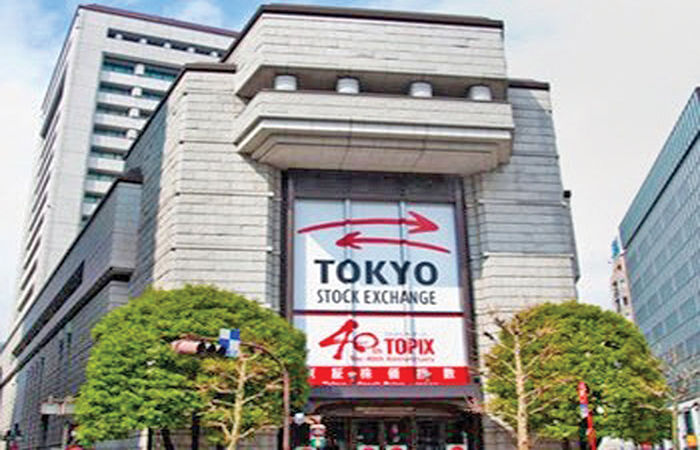
Mumbai: The Japanese stock market suffered the most in the global stock markets on Monday due to the tsunami. Japan's benchmark Nikkei 225 index fell by 4,451 points or more than 12 percent in a single day on Monday. Market sources are saying that this is the first time that such a huge fall has been seen in the Nikkei index.
Stock markets around the world also fell on Monday after weak US jobs data at the end of last week raised recession fears and Japan suddenly raised interest rates.
The Nikkei was down more than five percent at the end of last week. The Bank of Japan raised interest rates last week, while most central banks in the world are currently cutting interest rates. The interest rate has been increased in view of the high inflation rate and the weakness of the Japanese currency Yen. Global stock markets have also been shaken by this decision of Japan.
According to the data received, Japanese foreign portfolio investors (FPIs) have an investment of about Rs 2.06 lakh crore in the Indian stock market. However, the share of total FPI investment in the country's stock markets is relatively less than three percent.
According to data from National Securities Depository Limited (NSDL), total investment by Japanese FPIs in the Indian capital markets across equity, debt and hybrid is Rs 2.17 lakh crore, of which Rs 2.06 lakh crore is in equities.
Japan ranks ninth in FPI investment from various countries in the country's capital market.
D. Trading suspended in Korean market, appears to be curtailing
The slowdown in the US economy and the turmoil in the Japanese stock market also created a storm in South Korea. South Korea's benchmark Kospi closed down 8.77 percent at 2,441.55, while the small-cap Kodak closed down 11.3 percent at 691.28.
The risk filter in the Korean market is 8 percent and due to this, the exchange was forced to stop operations due to a circuit in the index. Trading was halted for 20 minutes at 2.14 pm local time in the Kospi index and at 1.56 pm local time in the Kosdaq index.
The surprising thing is that Japan has not had any impact on the stock markets of Hong Kong and China. And these markets have seen the least decline. Hong Kong's Hang Seng index fell by 1.61 percent and mainland China's Shanghai Composite Index-300 fell by only 0.48 percent.
Apart from this, Taiwan's benchmark stock index has also seen a historic decline. After the turmoil in Asian and American markets, Taiwan's Taipei also faced a massive sell-off. The Taipei index has seen a decline of 8.4 percent since 1967, that is, the worst day in the last 57 years.
 look news india
look news india